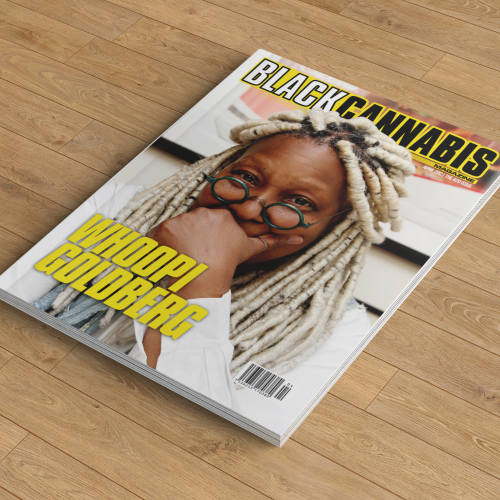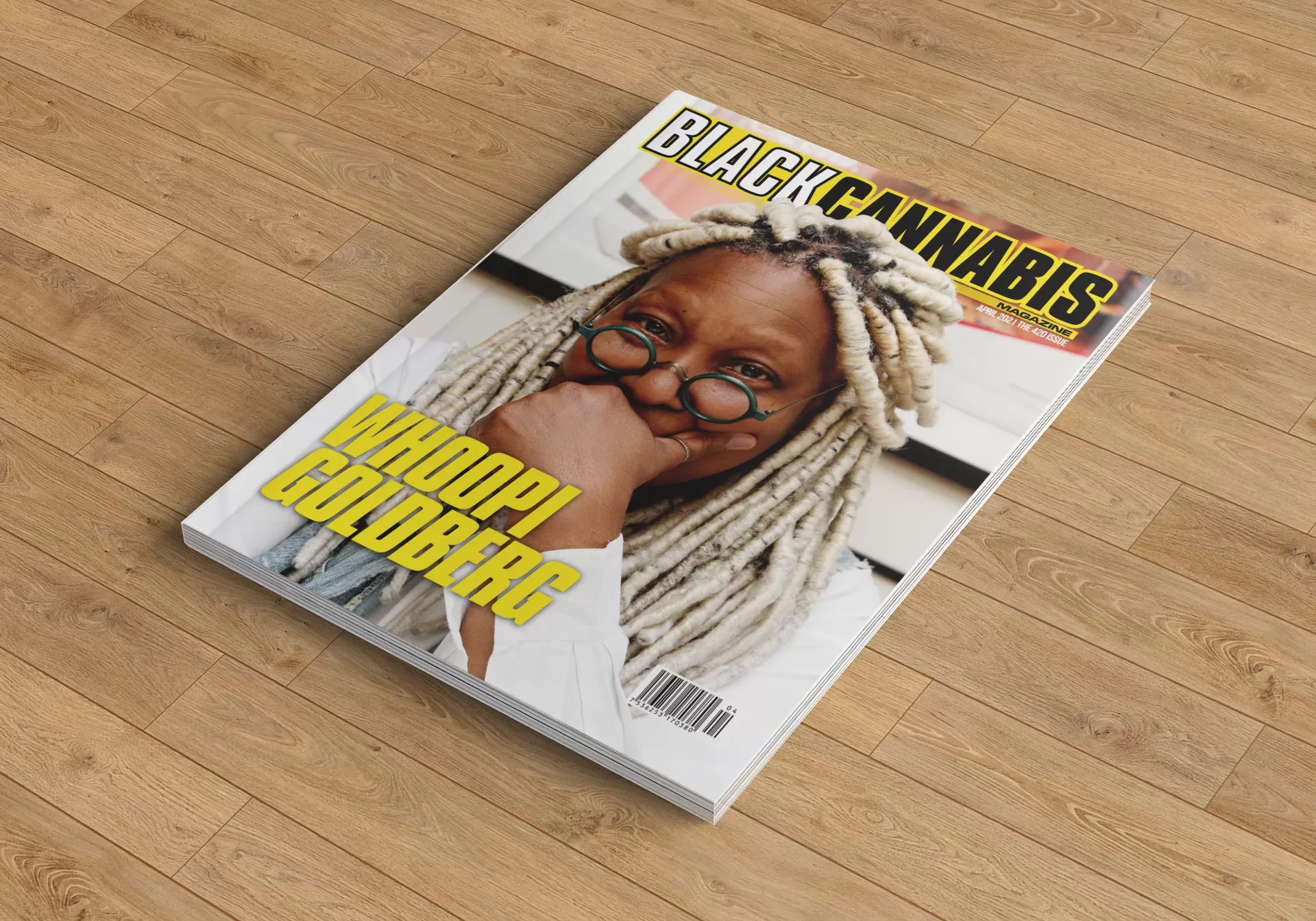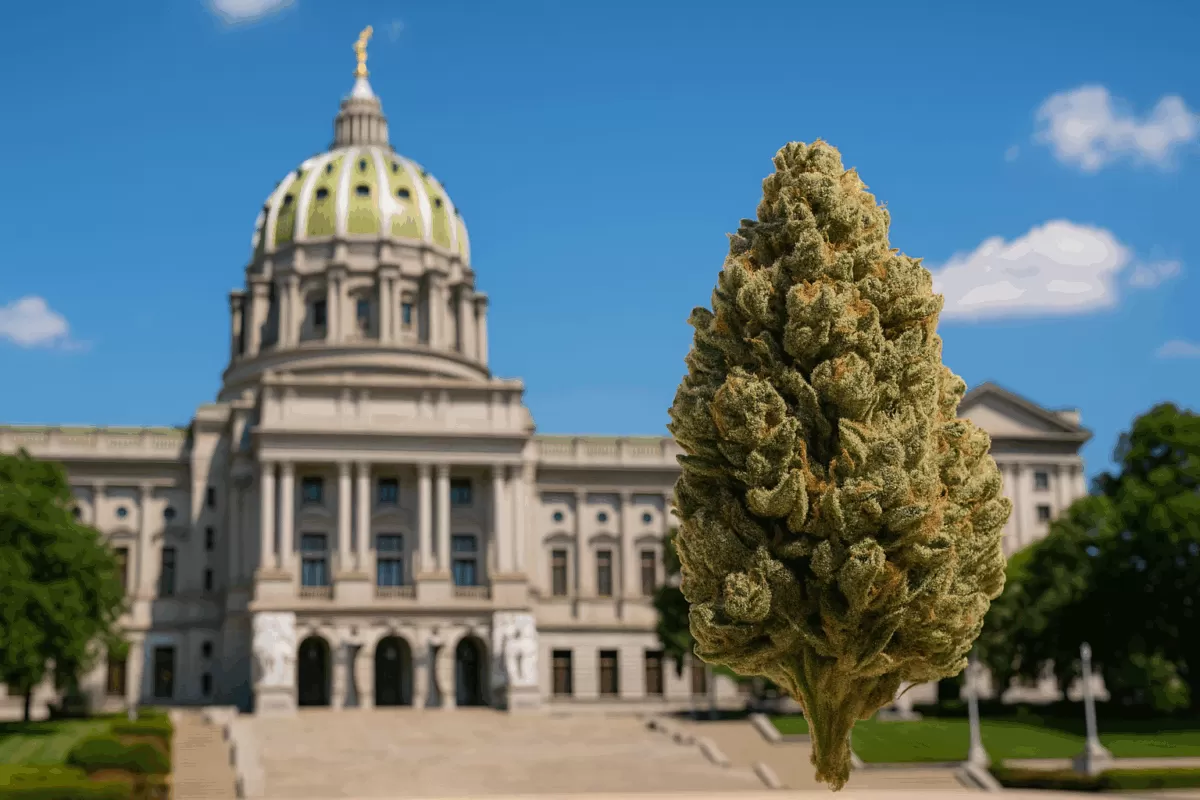Denver-based financial firm C.E. Hutton LLC has an agenda: give minority entrepreneurs a foothold to succeed in legal cannabis.
One of Hutton’s co-founders, Khadijah Adams, is outspoken about the desire to get people of color to expand their footprint in the white- and rich-dominated legal pot industry.
The Irony of Inequity
The past demonstrates how twisted the war on drugs and mass incarceration has been on the cannabis legacy. The rich and white make billions off a market BIPOCs worked on. A buildthat black communities have been consistently punished for. Adams says, even now, “Legal pot is seen as ‘White,’ and illegal pot is seen as ‘Black.’ It’s time to push back against the stigma.”
What Are the Biggest Threats?
Adams points to major companies using resources to grab giant shares in the market. Precedents include Big Tobacco and Big Alcohol with their gradual build and dominance by whites. Today, small, black-owned dispensaries — that minorities struggle to bring to fruition — end up competing with millionaires and their large financial resources.
Political Influences
In the aftermath of George Floyd and Black Lives Matter, permeating racism came to national reckoning. Cannabis is a unique condition where racial injustice is evident.
Adams attests to hopeful signs such as greater diversity in major company leadership. There’s also a standard set for racial equity training. But, according to Adams, [T]“here is still an overwhelming tokenization. It’s like companies know how profitable diversity can be but they are dragging their heels when it comes to the operations side.”
Interference on the Federal Side
Weed is still illegal on the federal level and creates obstacles for cannabis entrepreneurs. The wealthy can launch businesses with no traditional financing while the majority of hopefuls cannot get help because conventional financiers would be breaking the law to help.
The industry needs decriminalization nationwide. Adams argues our leaders have to address the sentencing and economic destruction thrust on minorities.
“I’m honored to have watched our country really grapple, for the first time, with the violent consequences of racial prejudice, including in this industry. But there is still so much work to be done.”
Change Has to Come
“The Black community has enormous buying power and can make a real name for themselves in this industry, and not enough of us feel empowered.”
Adams argues the black community has always been the foundation going back to the days when BIPOCs were producers and vendors for illegal alcohol. Yet, we were never on the front lines when legalization let others make millions.
The weed industry is our latest opportunity to take part in the economic growth of an industry that’s always been a part of our lives. If we look at alcohol, those stores are everywhere, and a vast majority aren’t owned by us. Adams believes we must take the initiative on weed and make it our legacy.
We deserve more than a fair share in weed. Adams feels we should have a huge chunk of the multibillion-dollar industry.












